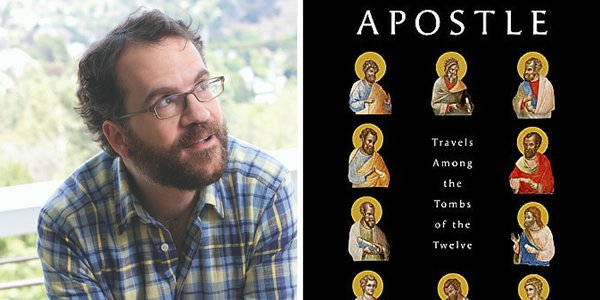Tom Bissell, who most recently authored Apostle, writes a stirring defense of storytelling and faith, noting that atheists and fundamentalists often end up on the same side of debates on Biblical veracity.
From the essay:
Recently I sat for an interview about my new book, “Apostle,” which details my years-long journeys to the supposed tombs of Jesus’s original followers. My interviewer wanted to know one thing: whether I thought the stories in the Bible were true or false. But I don’t think this is the best question to ask. I tried to explain that all stories are true and false — that the act of imposing a narrative upon real events necessarily distorts those events.
The far-ranging piece also brings up Shakespeare, and the influence his stories have on our modern political discussions and the way we relate to the world around us.
Consider that Shakespeare knew nothing of developmental psychology, modern political theory, economics, or the genome, and the faith we nonetheless have in him to make sense of our own times. Storytelling has and always will have a corrective power less fragile than that of faith — less fragile because it is not vulnerable to mere fact. This is why anyone who derives meaning from art has no business claiming not to understand meaning derived from religion, and vice-versa: What are stories but part-time religions? What are readers but temporary fundamentalists?
What about you? Do you need the Bible to be literally true in all respects, or does the weight and the power of millennia of storytelling hold your faith?
If you’d like to buy Bissell’s book, it is available online and at booksellers.

